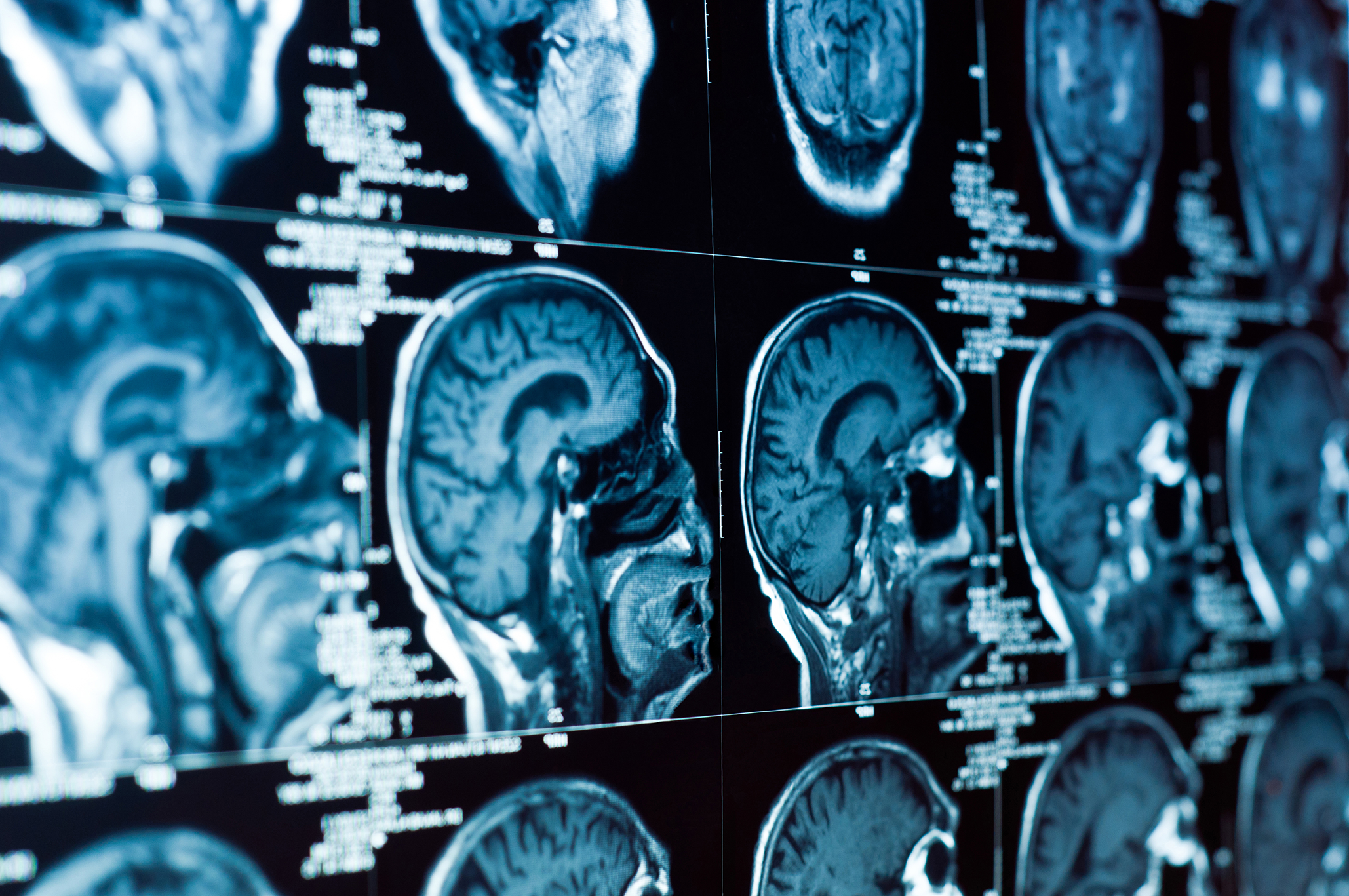A seizure is a sudden electrical discharge in the brain causing changes in behavior, sensation, or consciousness.
What is the difference between epilepsy and seizures?
A seizure is a single occurrence
Epilepsy is two or more unprovoked seizures
Seizures are classified as:
+ Generalized seizures which involve both sides of the brain
+ Partial seizures which begin in one location of the brain
Types of Seizures
Seizures are divided into two major groups, depending on where they begin in the brain.
Generalized seizures – These seizures seem to begin everywhere in the brain at once. Types of generalized seizures include:
+ Absence seizures
+ Myoclonic seizures
+ Clonic seizures
+ Tonic seizures
+ Tonic-clonic seizures
+ Atonic seizures (drop attacks)
+ Partial seizures – Also called “focal” seizures, partial seizures begin in one location of the brain.
What is an aura?
An aura is a sensation of unusual symptoms that occurs before a seizure. An aura may include
+ visual changes such as bright lights, zigzag lines, slowly spreading spots, distortion of shape or size of objects, and blind or dark spots in the field of vision
+ hearing voices or sounds (auditory hallucinations)
+ strange smells (olfactory hallucinations)
+ feelings of numbness or tingling in one side of the body or face
+ feeling separated from your body, sometimes called déjà vu or its opposite, jamai vu
+ anxiety or fear
+ nausea
+ postictal state, the aftereffect of the seizure, for example, arm numbness, loss of consciousness, partial paralysis, and confusion.





